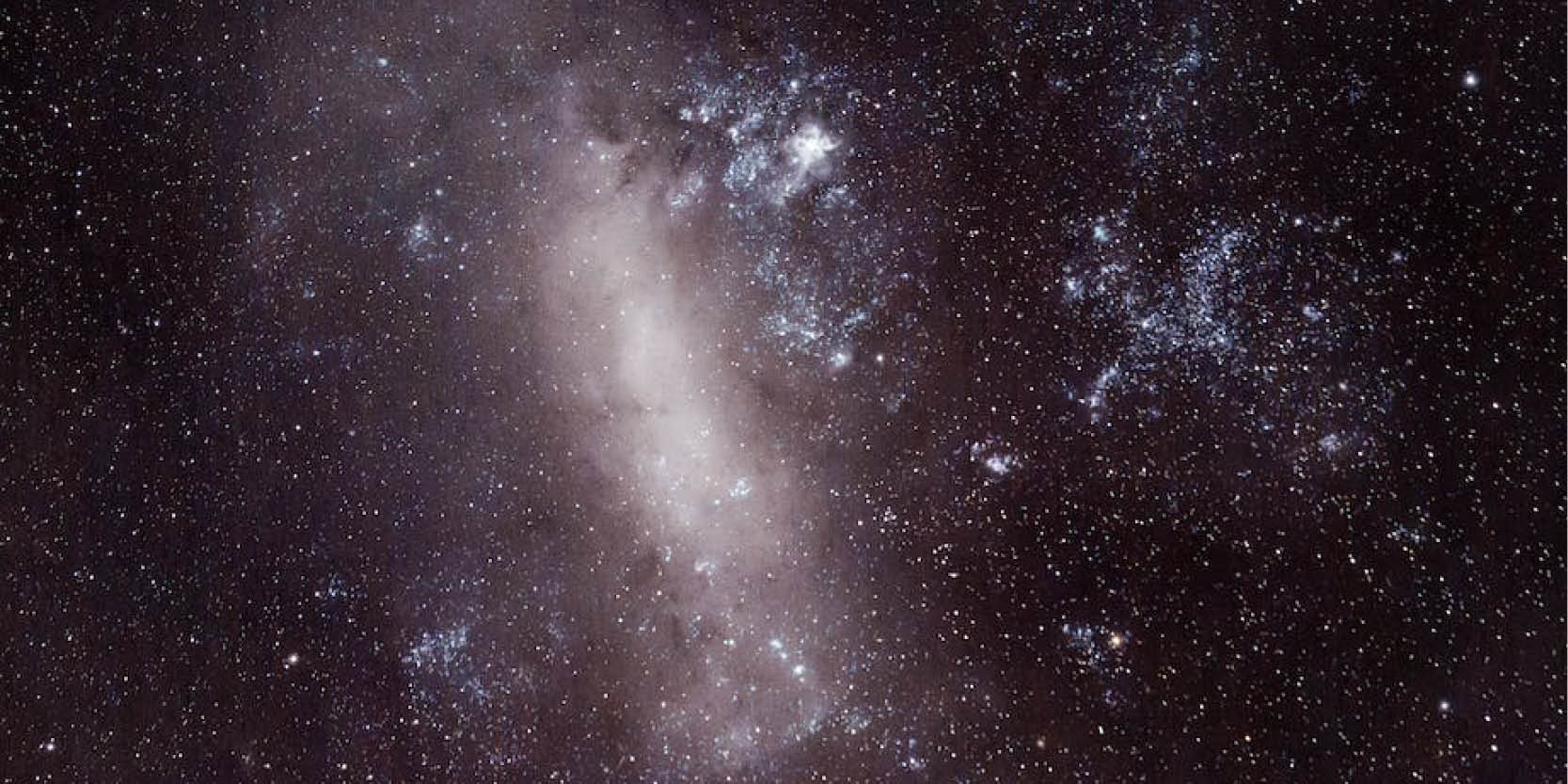In This Section
- Home
- About the College
- Governance
- College Committees & Steering Groups
- College Assembly
- College Council
- College Executive Management Committee
- College Academic Programmes and Curriculum Development Committee
- College Graduate Studies Committee
- College Research & Innovation Committee
- College Teaching Learning and Student Experience Committee
- College Student Recruitment and Outreach Committee
- College Sabbatical Research Leave Committee
- College of SEFS Adjunct Appointments Committee
- International Education Committee
- College Postgraduate Student Committee
- Athena SWAN Steering Group
- College Committees & Steering Groups
- Human Resources
- UCC STEM Awards
- Scholarships and Prizes
- Women in STEM Panel Talks
- Inaugural Professorial Lectures
- Athena SWAN in SEFS
- Proposal Calls
- Contact Us
- Science in Society Public Lecture Series
- Governance
- News
- Staff
- Schools and Departments
- Current Students
- Undergraduate Courses
- Postgraduate Courses
- International Students
- Research and Innovation
- Employability and Careers
- Outreach and Public Engagement
- Science Week
- Transition Year Programmes
UCC granted membership of international space research group

UCC has joined an association with official ties to the European Space Agency. The LISA consortium will develop science behind future space mission. Membership gives UCC access to data and as well as influence in driving space mission's science objectives.
University College Cork has been granted membership of an international astrophysics consortium with official ties to the European Space Agency.
UCC is now a member of the LISA consortium astrophysics working group – an association dedicated to developing the science and technology of the Laser Interferometer Space Antennae, a large space mission that will be launched by the European Space Agency in the 2030s.
The mission will seek to detect gravitational waves emanating from binary stars such as white dwarfs, neutron stars, and black holes, and from massive black holes which are thousands to millions of times the mass of our sun.
UCC will be represented in the working group by Dr Michael Tremmel, Prof. Paul Callanan, and Dr Mark Kennedy of the UCC School of Physics.
Dr Tremmel explained that the international consortium is made up of 258 member organisations across the world.
“This is a major, international science endeavour that will utilise brand new technology to use gravitational waves to observe never-before-seen cosmic events such as massive black hole mergers and objects like binary stars and blackholes that would otherwise be hidden to us.
“Membership gives us proprietary access to code and as well as influence in driving the mission's science objectives. We get to be involved in collaborative projects as well. For example, I have just submitted theoretical data on massive black hole merger rates for a simulation comparison project taking place. This gives me access to other simulation data, as well as credit in the paper as a collaborator,” he said.
Dr Tremmel, who will lead UCC’s group in the consortium, said the granting of membership is recognition of UCC’s world-leading work that is directly relevant for LISA science, giving the UCC group the ability to provide the consortium with much needed data that will help inform the mission's science goal.
“As consortium members, we will provide theoretical predictions related to massive black hole merger rates and populations, as well as observations and theoretical models for the evolution of other, lower mass compact object binaries such as white dwarfs, neutron stars, and stellar mass black holes,” he said.
College of Science, Engineering and Food Science
Coláiste na hEolaíochta, na hInnealtóireachta agus na hEolaíochta Bia
Contact us
Block E, Level 3, Food Science Building, UCC, Cork, T12 YN60.
